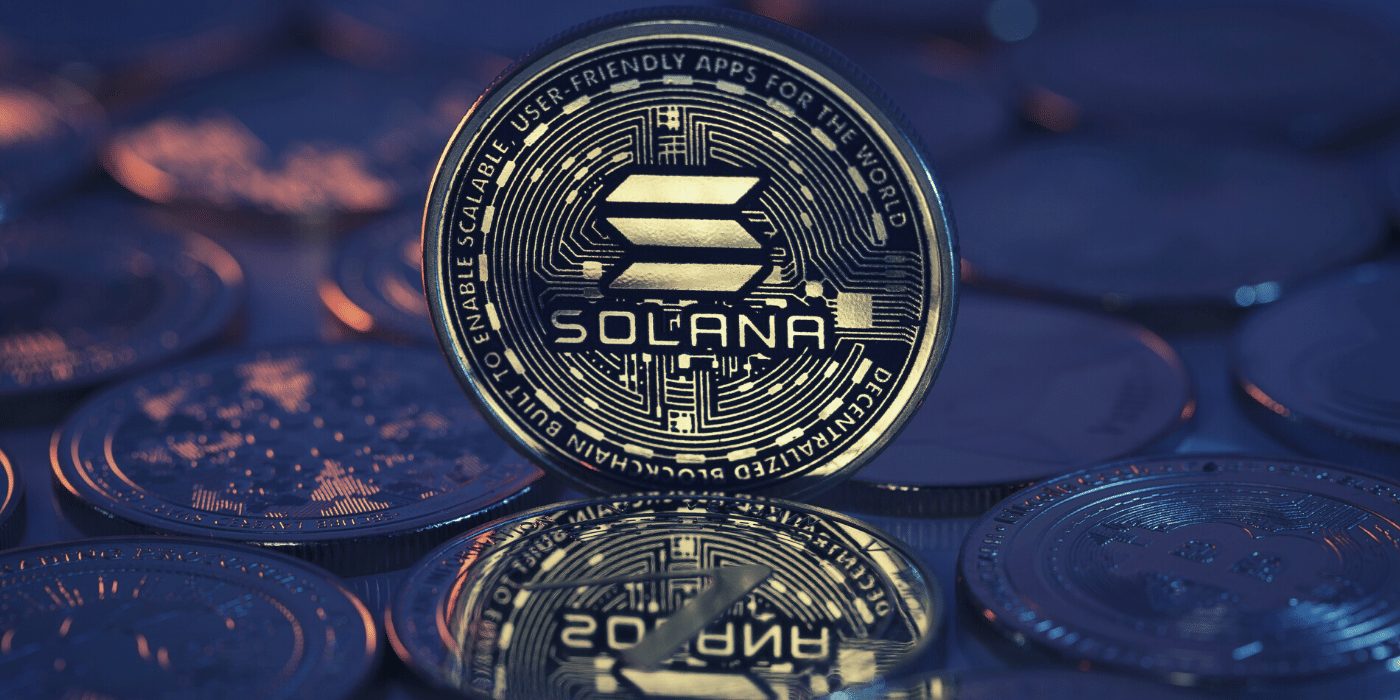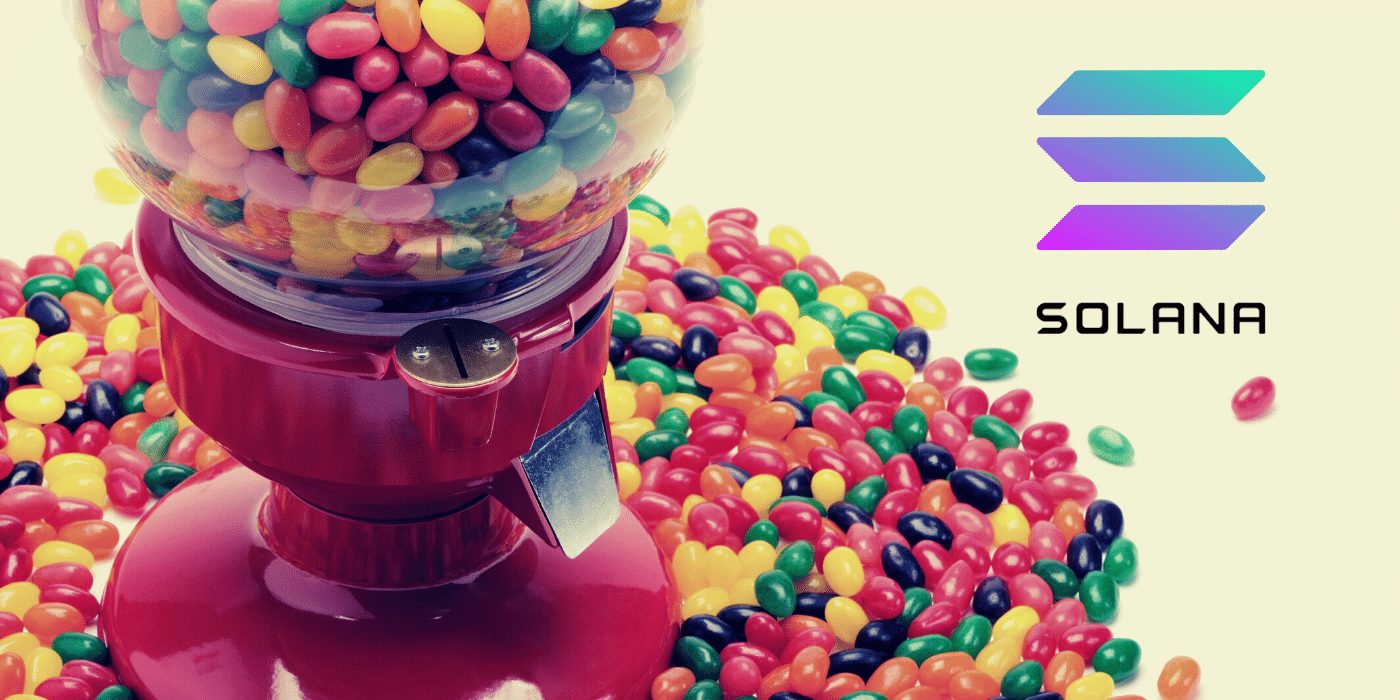Solana Labs this week announced the launch of the Solana Mobile Stack software ecosystem for Android, alongside ‘Saga’ – an Android smartphone. Unfortunately, the news has been greeted with outright contempt by some sections of crypto Twitter:
Network Outages Still a Concern
Mobile phones are finally set to accommodate Web3, and the reaction has been mixed, to say the least. Solana’s announcement of the ‘Saga’ Android and the most recent Solana mobile stack (SMS) software for developers has been accompanied by comparisons to Apple and Ethereum; however, many voices have also raised concerns regarding Solana’s frequent network outages:
Regardless of the negative public feedback, some of the features users can expect to see in the Saga include a software custodian solution called Seed Vault, a mobile wallet adapter, and Solana Pay for Android. Solana also has plans to release a DApp store for its mobile devices so users can access Web3 with ease. The SMS development kit is available for download now, though the phone itself is unlikely to hit the market before early 2023.
But Why a Smartphone?
The idea for the Saga smartphone followed the release of SMS and was conceived by Anatoly Yakovenko, co-founder and CEO of Solana Labs. Yakovenko wondered what it would look like if one billion people were using crypto and realised that the best method for supporting the take-up would be to create a hardware wallet out of a phone:
The Android will feature a 6.67” OLED display, 12GB RAM, a Qualcomm Snapdragon 8+ Gen 1 processor, and 512GB of internal storage. Solana is hoping that Saga will become the “gold standard” for Web3 smartphones and plans to display the full capabilities of SMS.
Solana Has Been Suffering
The Saga announcement follows a relatively negative past few months for Solana. January saw the company slide by 42 percent in seven days, with $SOL (Solana’s native token) hit hard thanks to the new year crypto sell-off. This and the addition of several duplicate transactions and downtimes led to rising tensions among users.
And in May, Solana experienced a seven-hour down period after bots targeted the NFT minting tool ‘Candy Machine’. The bots caused four million transaction requests, which the platform could not cope with, and users were once again left questioning the competence of the blockchain.



